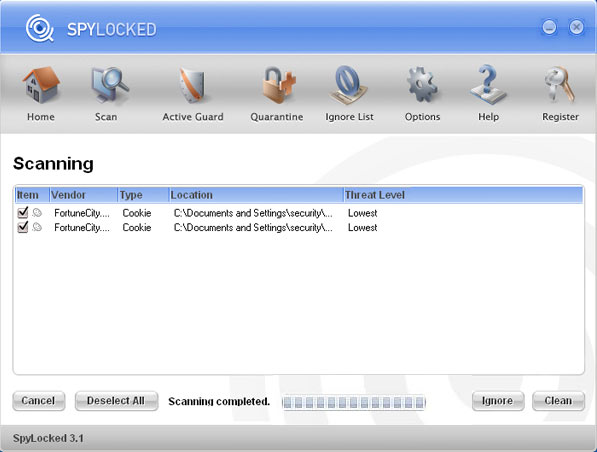PyLock Ransomware
Ransomware attacks can be very devastating if you do not have an up-to-date backup copy of your files. This particular malware has the ability to encrypt a large portion of your files in a matter of minutes, and then begin to extort you for money by offering to sell you a decryptor in exchange for Bitcoin. An example of such a piece of ransomware is the PyLock Ransomware, a newly discovered file-encryption Trojan that may have already managed to get to computers in different countries.
The PyLock Ransomware is Swift and Threatening
The typical propagation channels used to spread the PyLock Ransomware are fake downloads, torrent trackers, bogus email attachments, etc. You should stay away from suspicious content like that and always to use a reputable anti-virus tool to scan the files coming from unknown sources. If you fail to stop the PyLock Ransomware, then the threat may cause you a lot of trouble.
Threats like this one target a broad range of file types to maximize their damage – documents, images, Adobe projects, videos, databases, archives, etc. Usually, a ransomware adds a unique extension to the names of encrypted files, and the PyLock Ransomware’s case is not any different – this ransomware will use the ‘.locked’ extension to mark the files it damages. Instead of using a traditional text file ransom note, the authors of the PyLock Ransomware have opted to display a new program window, which contains a message from them. According to the PyLock Ransomware’s message, victims have 36 hours to purchase the decryptor. Otherwise, their files might become impossible to recover.
The Attackers Ask to be Paid via Bitcoin
The exact amount of money that the PyLock Ransomware’s authors want is not mentioned anywhere and, instead, victims are advised to message solutionshelp@protonmail.com for further details and instructions. It is not a good idea to contact the cybercriminals or cooperate with them since there is no reason to believe that they can be trusted.
It goes without saying that you should not agree to pay a single cent to the PyLock Ransomware’s authors. Instead, use a reliable anti-virus product to get rid of the file-encryption Trojan’s files, and then attempt to restore your files from a backup, or use other viable data recovery options.


